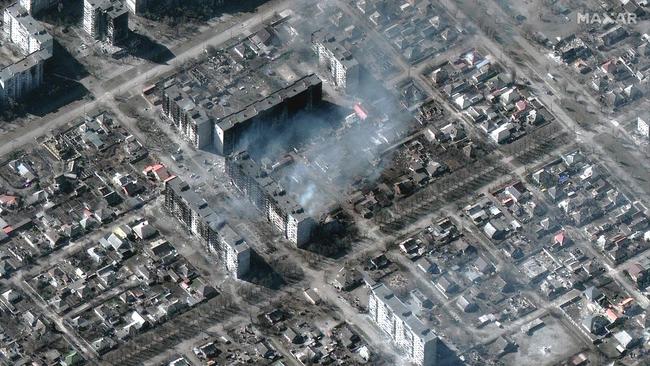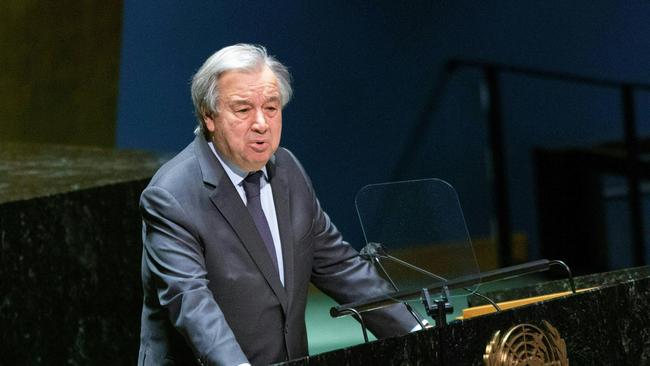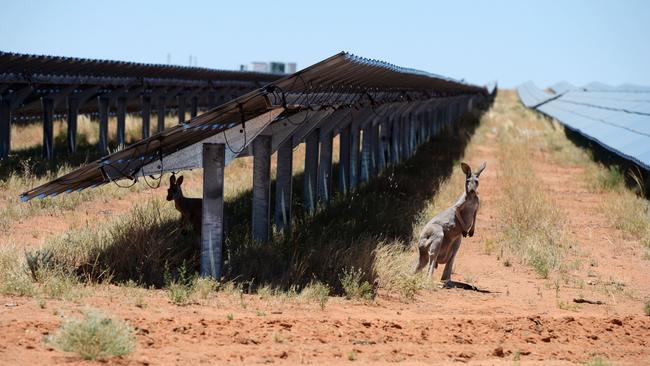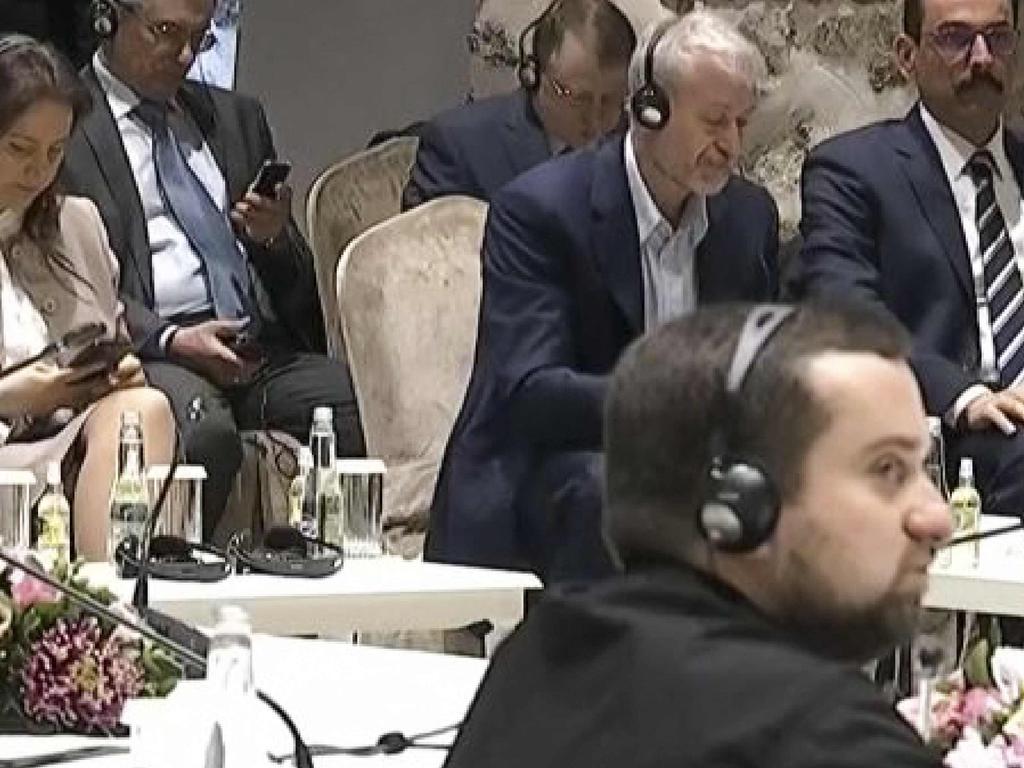Nuclear war is more of a threat than climate change

This fixation has had three important consequences. First, it has distracted the Western world from real geopolitical threats. Russia’s invasion should be a wake-up call that war is still a serious danger that requires democratic nations’ attention. But a month into the war in Ukraine, UN Secretary-General Antonio Guterres – whose organisation’s main purpose is ensuring world peace – was focused instead on “climate catastrophe”, warning that fossil-fuel addiction will bring “mutually assured destruction”.
His comments come at a time when nuclear weapons are posing the biggest risk of literal mutually assured destruction in a half-century.
Second, the narrow focus on immediate climate objectives undermines future prosperity.
The world shells out more than half a trillion dollars annually in private and public funds on climate policies, while spending from the governments of countries in the OECD on innovation that underpins growth in areas such as healthcare, space, defence, agriculture and science has been declining as a percentage of gross domestic product in recent decades.
Education performance in developed nations is stagnant or declining, and real income growth among OECD countries has almost stalled this century.
By contrast, in China, where innovation-related spending is up 50 per cent from where it was in 2000 and education is rapidly improving, average incomes have increased fivefold since the start of the 21st century.
Third, in the world’s poorest countries, the international community’s focus on putting up solar panels coexists with a woeful underinvestment in solutions to massive existing problems. Infectious diseases such as tuberculosis and malaria kill millions; malnutrition afflicts almost a billion people; more than three billion people lack access to reliable energy.

These and other issues plaguing the developing world are solvable but get far less funding from wealthy countries than climate change. Giving the developing world affordable access to consistently available energy – which often requires fossil fuels – is the key to lifting most of the world out of poverty. Yet before the invasion of Ukraine, the developed world was racing to make fossil fuel energy more expensive and less accessible for the world’s poorest people.
What underpins this climate fixation? The false and irresponsible idea that global warming poses an immediate existential risk for the world. Climate change is real and man-made; have no doubt about that. But the best economic estimates used by the Obama and Biden administrations, as well as those created by the only climate economist to ever win the Nobel prize in economics, all show that the total impact of unmitigated climate change – not just on the economy but overall – would be equivalent to less than a 4 per cent hit to global GDP annually by the end of the century.
A world scared witless doesn’t make smart decisions – so it should be no surprise it hasn’t managed to make a dent in climate change. Globally, last year saw the most CO2 emissions ever, despite $US5 trillion ($6.68 trillion) spent on climate policies during the past decade.
The UN admitted in 2019 that there had been “no real change in the global emissions pathway in the last decade” despite the global Paris Agreement.
The EU has tried to shift to renewables but still gets more than 70 per cent of its energy from fossil fuels. Much of the rest is generated by burning woodchips from trees chopped down in America and transported on diesel ships.
Solar and wind produce only 3 per cent of the EU’s energy, and the technology is unreliable, often requiring back-up from gas. Europe’s refusal to embrace shale gas – which can be found throughout the continent but remains untapped – has left it at the mercy of Russian gas.
The past two months show how dangerous this is.

Well-meaning politicians across the world have been proposing policies to reach net-zero emissions in coming decades. According to McKinsey, the policies will cost $US9.2 trillion every year until net zero is supposed to be achieved in 2050. This is equivalent to half the global tax take.
Such extremely costly policies are unlikely to be enacted by emerging economies such as India or Africa, whose emissions will skyrocket as their populations and economies grow. Net zero is also likely to fail in the developed world, where its high costs will erode prosperity and thus political support. Achieving net zero would cost every American family $US19,300 a year, according to the McKinsey study.
To respond to climate change effectively, the world needs to spend more on green-energy innovation and develop renewables that are reliable and cost-effective.
To address their immediate energy problems, Europe and America need to embrace fracking – despite Russian-funded propaganda discrediting it – and help the rest of the world access the oil and gas it needs.
There are many serious threats in the world today, but most won’t get the attention they deserve until the political classes drop their hyperbole about climate change and treat it like what it actually is – one of only many problems to be solved in the 21st century.
The Wall Street Journal
Bjorn Lomborg is president of the Copenhagen Consensus and a visiting fellow at Stanford University’s Hoover Institution. His latest book is False Alarm: How Climate Change Panic Costs Us Trillions, Hurts the Poor, and Fails to Fix the Planet.






Weeks before thermobaric rockets rained down on Ukraine, the chattering classes at the World Economic Forum declared “climate action failure” the biggest global risk for the coming decade. On the eve of war, US climate envoy John Kerry fretted about the “massive emissions consequences” of Russian invasion and worried that the world might forget about the risks of climate change if fighting broke out. Amid the conflict and the many other challenges facing the globe right now, such as inflation and food price increases, the global elite has an unhealthy obsession with climate change.